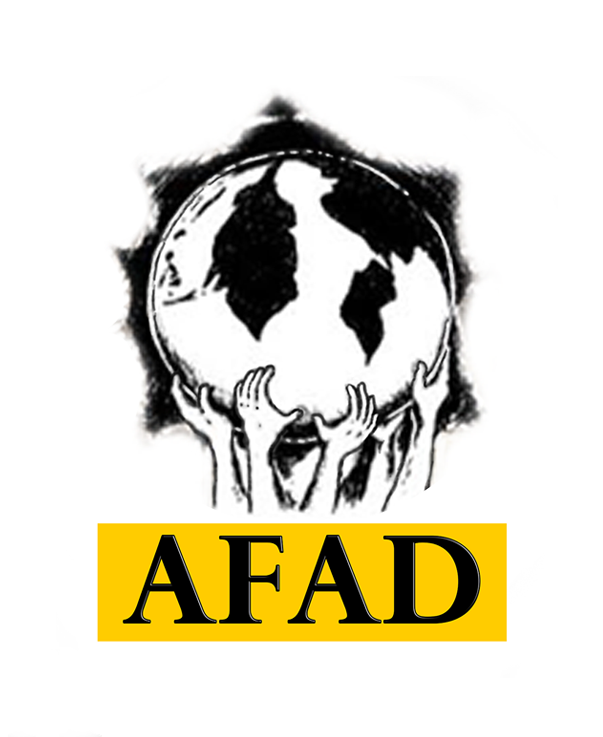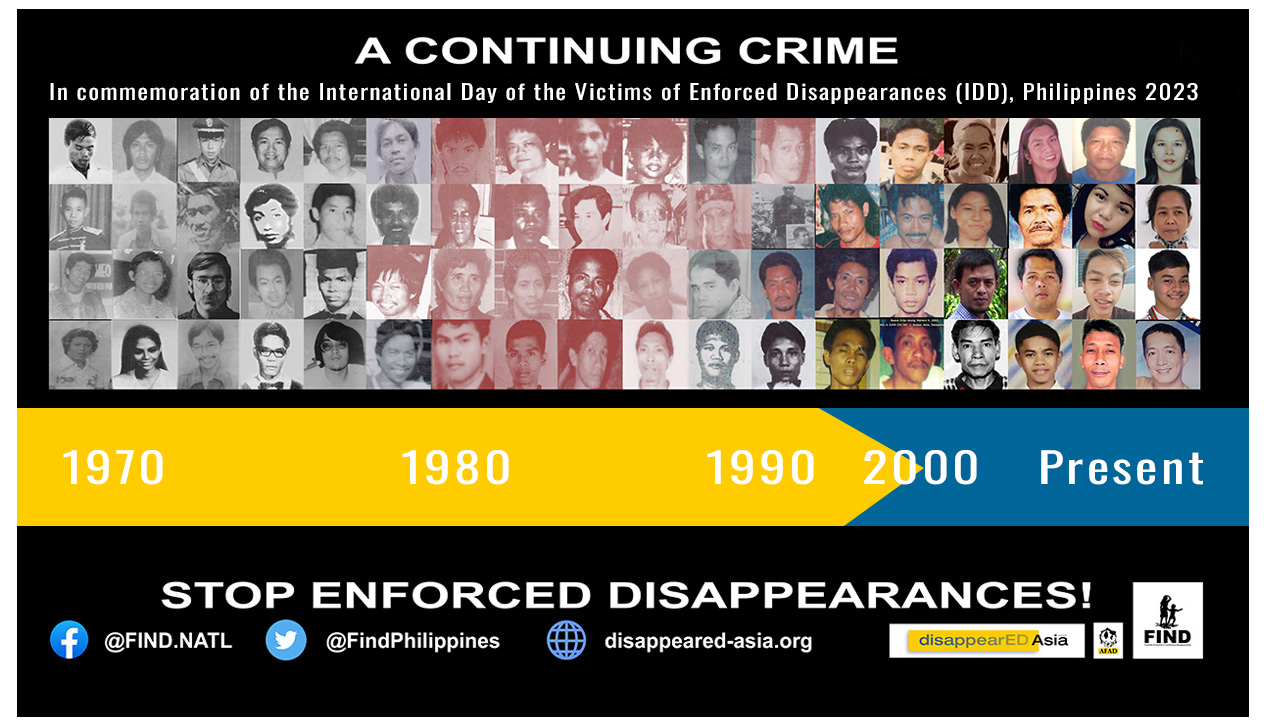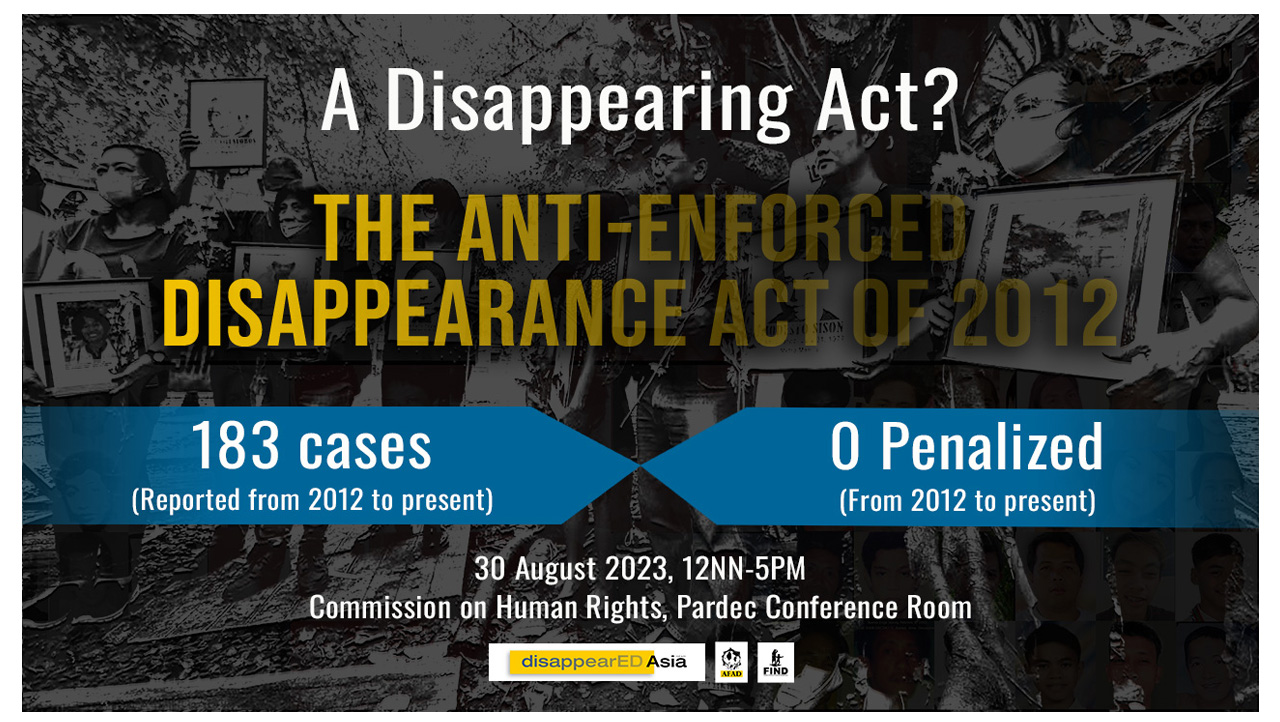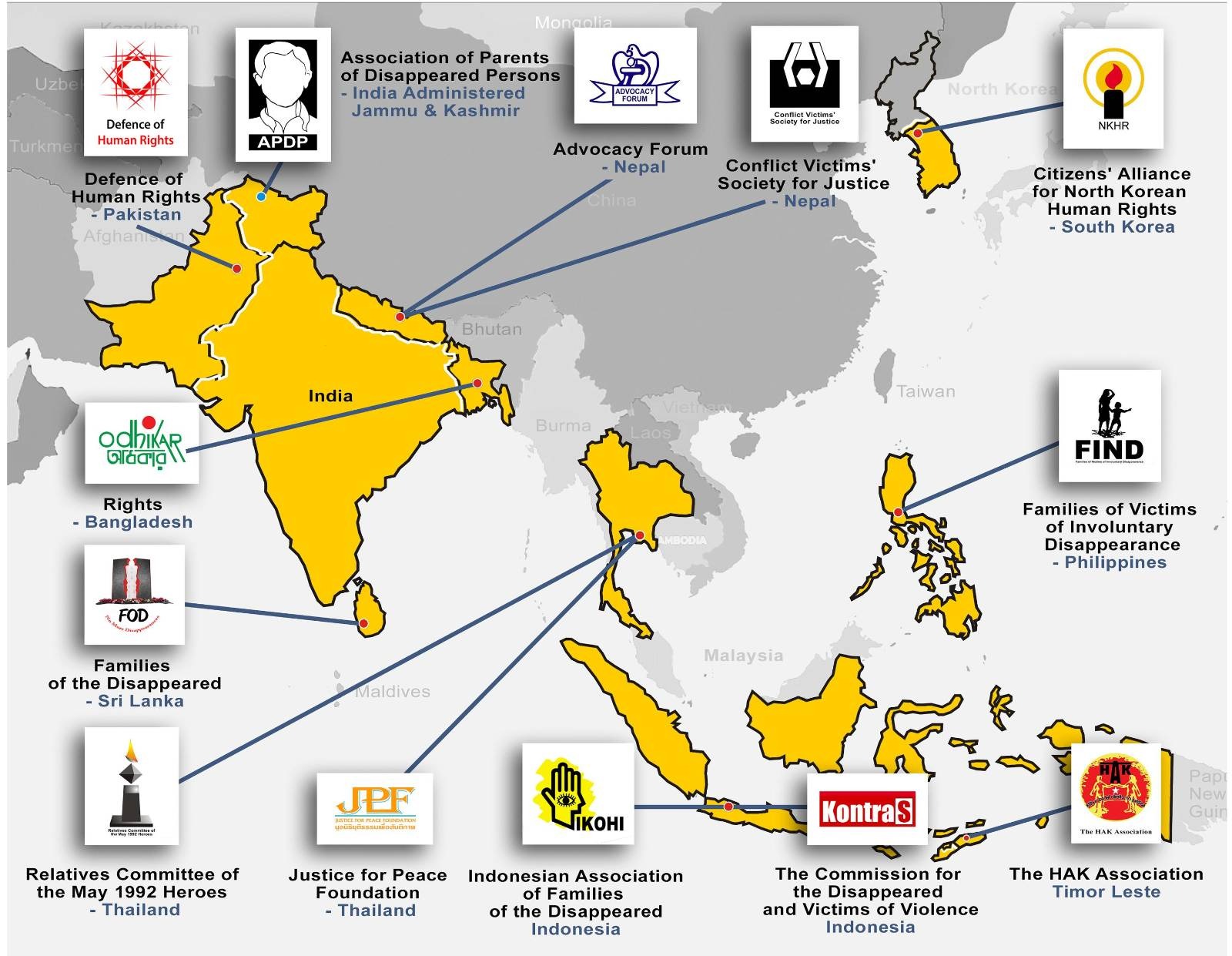What's Happening
AFAD Statement on the Commemoration of the International Week of the Disappeared 2016
May 23-27, 2016 – Every year on this week the Asian Federation Against Involuntary Disappearances together with the global movement against enforced disappearances commemorate the International Week of the Disappeared. First commemorated by the Latin American Federation of Associations of Relatives of Disappeared-Detainees (FEDEFAM) in the early 80s, the International Week of the Disappeared has been adopted by AFAD and has served as a venue to campaign against this abominable practice of enforced disappearance which has spread to at least, 88 countries, 34 of which are Asian countries.
Position Paper on the Proposed Mandate Expansion of the UN WGEID
The struggle against the evilest of acts begins with its proper naming.
Asian peoples throughout history have been under attack by the very institution that is sworn to protect them: the government. Their history would show that enforced disappearances are not a result of isolated misconducts of State actors—but are practiced in a manner that is systematic and are committed with impunity. Enforced disappearances continue to be among the many vile acts that are designed to terrorize them into silence and submission in the face of a flawed justice system.
Presentation for the UN CED Event
The 2015 report of the United Nations Working Group on Enforced or Involuntary Disappearances states that enforced disappearances are committed in 88 countries, wherein 43,563 cases are outstanding. Perpetrated by agents of States who are sworn to protect human rights, enforced disappearance has reached a global magnitude causing untold devastation on the lives of the disappeared, their families and society. “Everyday is filled with emptiness, sadness and grief,” laments a Belarusian wife of a disappeared and echoed by many others.
Odhikar Bangladesh Human Rights Monitoring Report February 1-29, 2016
Odhikar believes that ‘democracy’ is a form of the State and presupposes that freedom and human rights are its foundations. Democracy is not merely a process of electing a ruler. Democracy is the result of the peoples’ struggle for inalienable rights, which become the fundamental premise to constitute the State defining collective aspirations and responsibilities. Therefore, the individual freedoms and democratic aspirations of the citizens – and consequently, peoples’ collective rights and responsibilities - must be the foundational principles of the State.

 Asian Federation Against
Asian Federation Against 

